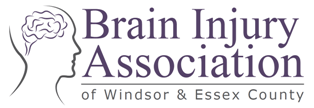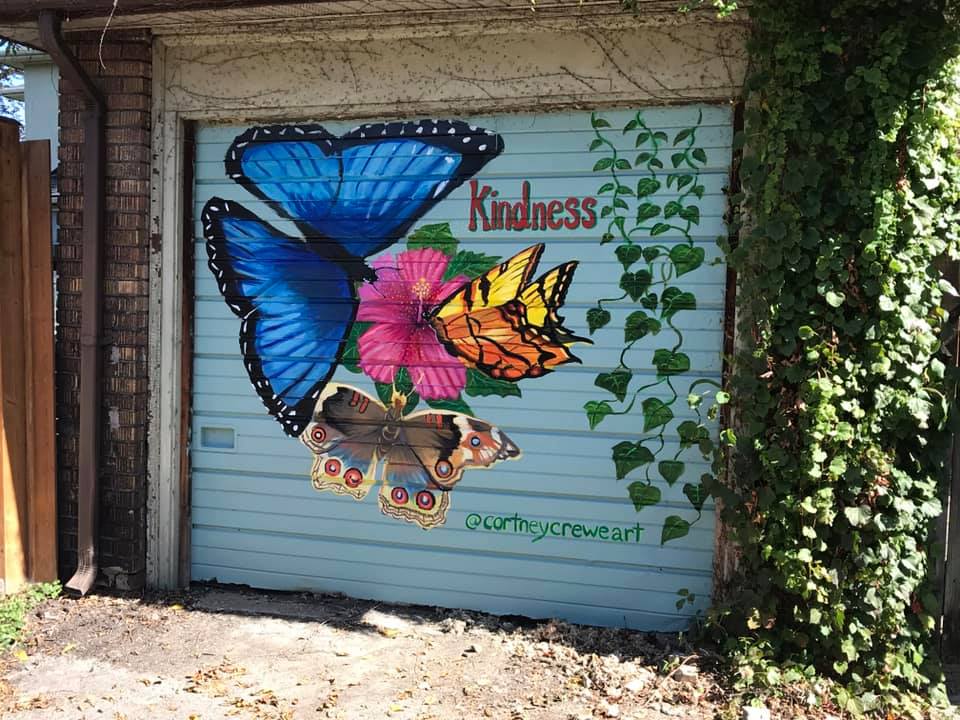The following definitions were retrieved from the Ontario Brain Injury Association.
Acquired Brain Injury (ABI)
An acquired brain injury is damage to the brain that occurs after birth from a traumatic or non-traumatic event. ABI is not related to a congenital disorder or degenerative disease, such as Alzheimer’s Disease, Multiple Sclerosis or Parkinson’s Disease. Acquired Brain Injury (ABI)
Traumatic Brain Injury (TBI)
Traumatic Brain Injury (TBI) Traumatic brain injury is damage to the brain caused by a traumatic event such as a blow to the head, a fall, a motor vehicle or sports related injury.
Non-traumatic Brain Injury
Non-traumatic Brain Injury Non-traumatic brain injury is damage to the brain caused by illness such as meningitis or encephalitis, oxygen deprivation (anoxia) or stroke.
Concussion
A concussion is a brain injury which can be caused by a sudden acceleration of the head and neck resulting from a blow or contact to the body. You do not need to lose consciousness to have sustained a concussion. Concussions can occur from many different activities including falls, assault, motor vehicle collisions, sports or being struck by an object. Symptoms can appear immediately or, in some cases, days following the initial injury.


